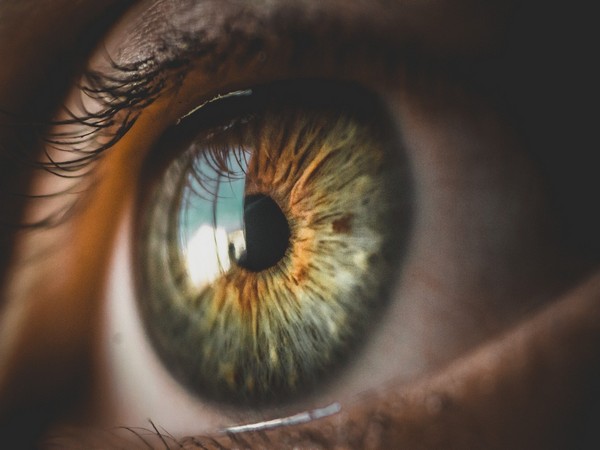New Study Suggests Blinking Plays a Crucial Role in Processing Large, Slow-Changing Patterns
This created a different kind of visual information for the brain to process, compared to when our eyes are open and focused on a specific point.We show that human observers benefit from blink transients as predicted from the information conveyed by these transients, said Bin Yang, a graduate student in Ruccis lab, and the studys first author.Thus, contrary to common assumption, blinks improve -- rather than disrupt -- visual processing, amply compensating for the loss in stimulus exposure, said Yang.

- Country:
- India
Along with keeping eyes moist, blinking may be helping us better notice big, gradually changing patterns, according to a new research.
Blinking provides information to the brain about the overall big picture of a visual scene, researchers said.
The act of blinking changes the visual input to the retina, thereby effectively re-arranging the visual information being processed, according to Michele Rucci, a professor in the Department of Brain and Cognitive Sciences, the University of Rochester, US.
''By modulating the visual input to the retina, blinks effectively reformat visual information, yielding luminance signals that differ drastically from those normally experienced when we look at a point in the scene,'' said Rucci, corresponding author of the study published in the journal 'Proceedings of the National Academy of Sciences'.
For the study, the researchers tracked eye movements in humans. Combining this data with computer models, they studied how blinking affects what the eyes see compared to when the eyelids are closed.
They found that the rapid eyelid movement while blinking changes the light patterns that activate the retina. This created a different kind of visual information for the brain to process, compared to when our eyes are open and focused on a specific point.
''We show that human observers benefit from blink transients as predicted from the information conveyed by these transients,'' said Bin Yang, a graduate student in Rucci's lab, and the study's first author.
''Thus, contrary to common assumption, blinks improve -- rather than disrupt -- visual processing, amply compensating for the loss in stimulus exposure,'' said Yang.
(This story has not been edited by Devdiscourse staff and is auto-generated from a syndicated feed.)
- READ MORE ON:
- Rucci
- National Academy of Sciences'
- Bin Yang
- Yang
- Michele Rucci










